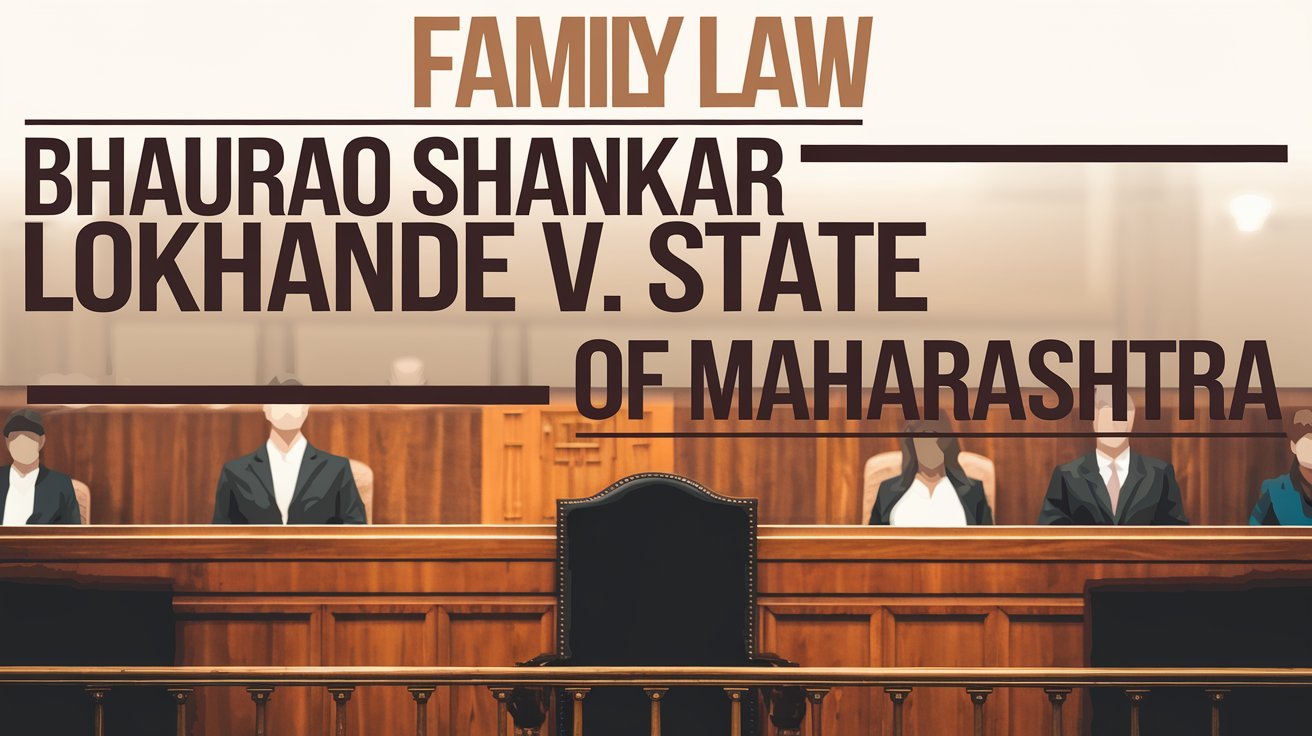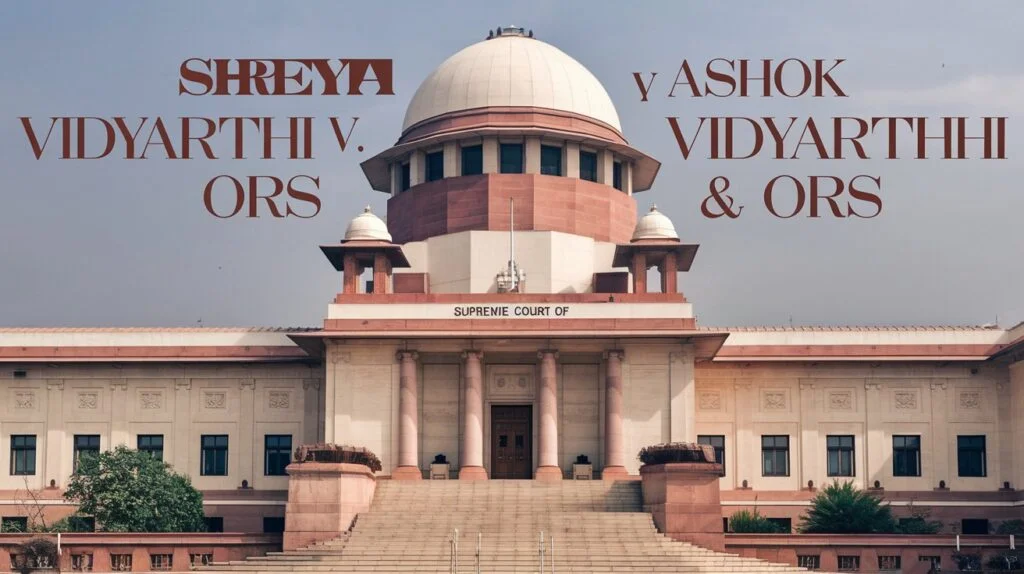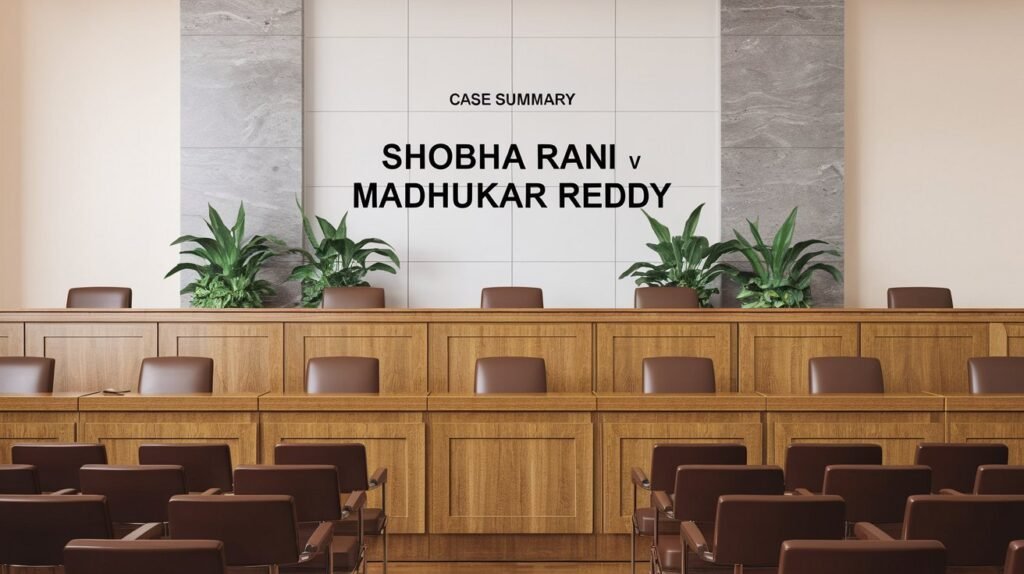Bhaurao Shankar Lokhande v. State of Maharashtra AIR 1965 SC 1564 (Case Summary)

In this landmark case, the Supreme Court of India clarified the conditions required for the offence of bigamy under Section 494 of the Indian Penal Code (IPC). The Court addressed whether the second marriage must be valid and properly solemnized according to Hindu rites to constitute an offence under the law.
Table of Contents
ToggleFacts of Bhaurao Shankar Lokhande v. State of Maharashtra
- The appellant, Bhaurao Shankar Lokhande, was accused of bigamy for marrying a second woman, Kamlabai, during the lifetime of his first wife, Indubai, without a proper divorce.
- The prosecution argued that the second marriage was conducted in the Gandharva form, a custom in the Maharashtrian community, and thus valid.
- Bhaurao contended that the essential ceremonies for a valid Hindu marriage, such as saptapadi (seven steps before the sacred fire), were not performed, making the second marriage invalid.
Issues framed
- Whether the second marriage of Bhaurao Lokhande was valid and solemnized according to Hindu rites, which is essential for an offence under Section 494 IPC?
- Whether a marriage that does not follow proper religious rites can be considered valid for the purpose of applying Section 494 IPC?
Subordinate Court Judgment
The district court had convicted Bhaurao under Section 494 IPC and his brother under Section 494 read with Section 114 (abetment). The High Court concurred with the lower courts, finding no merit in the appellants’ argument that the second marriage was not validly solemnized.The case was appealed to the Supreme Court.
Judgment of Bhaurao Shankar Lokhande v. State of Maharashtra
The court primarily examined the application of Section 494 IPC in light of the Hindu Marriage Act, 1955, specifically Section 17, which mandates that a second marriage must be properly “solemnized” to be considered void.
The Supreme Court held that for a marriage to be considered solemnized under the Hindu Marriage Act, it must include the essential ceremonies such as saptapadi and invocation before the sacred fire. Since these ceremonies were not performed in the second marriage, it was not a valid marriage under Hindu law.
The Supreme Court overturned the convictions of both Bhaurao Lokhande and his brother, ruling that the second marriage was not validly solemnized, and thus, Section 494 IPC could not apply. The Court acquitted the appellants and ordered the fines to be refunded.





